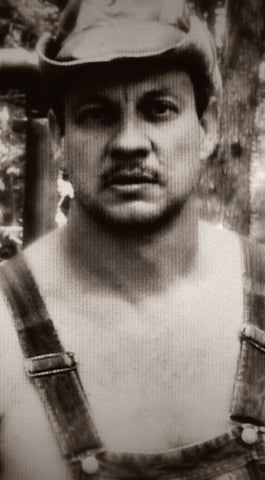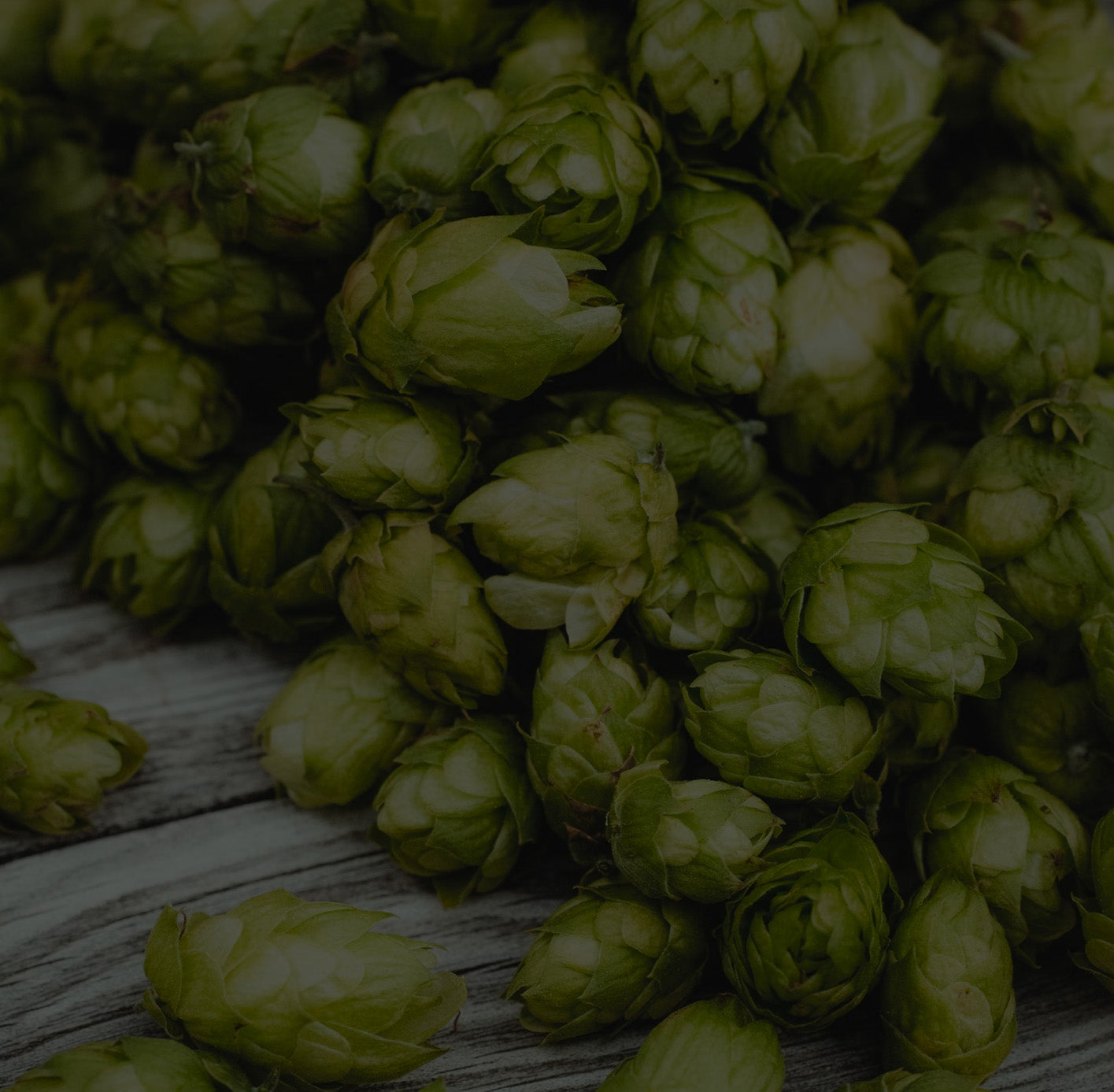The Discovery Channel's Moonshiners is a show that follows a team of bootleggers trying to make a living by making liquor in homemade stills - and the law enforcement officials trying to bust them. Many parts of the show seem staged, but it remains entertaining while offering a good look at the culture and lore surrounding Appalachian bootleggers.

Tim, one of the personalities featured on the show, says he has been a moonshiner for 40 of his 45 years. He and his family live in Virginia, which is in the middle of moonshiner country. Tim learned the trade from his father and other family members who made moonshine. He says his family heritage is Irish - a people known to love their liquor. Tim is also a mechanic, as was his father. Building and fixing things runs in Tim's blood, which comes in handy for a moonshiner. Tim constructs most of his own equipment by hand.
Moonshine season lasts from mid summer into the fall, when corn is in season. Corn is the most essential ingredient that moonshiners need to make their mash. At one point during this episode, Tim drives his beat-up red pickup truck to collect 500 pounds of corn. The huge stash is hidden in a secret place, and Tim looks visibly nervous, patting the shotgun riding beside him. Anyone who needs that much corn will always raise a red flag for authorities sniffing out moonshine operations. Tim understands the risks, but he also understands the rewards. The average moonshiner can earn $30,000 in three months of brewing. "There's money to be made as long as you don't get caught at it," Tim says.
"What you put in is what you gonna get out," Tim says, adding a blend of ingredients to the still to prepare to brew. He explains that the raw ingredients shape the quality of the finished product. Tim says he doesn't want to get too detailed about his process, but it involves corn, sugar, water, and yeast. A corn whiskey mash is made by heating corn and malted barley to a very specific temperature, and then leaving it sit. Sometimes granulated sugar is added to the corn mash to increase the amount of feed stock for the yeast - improving alcohol yields - which is called a thin mash. Once the mashing process is complete, yeast is added, causing the mixture to ferment. At this point it's called a wash and can be anywhere from 10% to 20% alcohol. After this liquid is run through a still it can be as high as 190 proof.
Tim and J.T. have been driving around, searching for a good still site with plenty of cover and conveniently located near a water source for their distilling needs. The search has some people up in arms - literally. While driving down the road, two elderly people block Tim and J.T.'s path. The couple is riding an all-terrain vehicle and the woman prominently displays a shotgun. The elderly man accosts Tim and J.T., asking them what they were doing as his wife continues to block the road. The man says that neighbors have alerted him to the fact that someone in an old, battered pickup truck - Tim and J.T.'s vehicle fits the description - has been driving slowly and suspiciously in the area. Tim tries to defuse the situation, talking about the merits of shotguns even as the woman hefts hers. Tim points to a shotgun of his own inside the vehicle and says that he isn't planning on using it. Tim assures the man that he is only looking for a still site near a good creek - much like the one running under the bridge where they are stopped. The man says that many moonshiners have located their still sites on that very creek.
Moonshine gets its name because the safest time to make it is under the light of the moon. Distilling in the dark also makes it easier to hide from authorities. After all the supplies are collected, Tim, Tickle, Steve, and Tim's son, J.T., begin work on their still site deep in the woods. J.T. is still learning the family trade. The team fits a homemade burner beneath their large still. At the still site, Tim and J.T. use a pump to add water to the still.
What Tim and his team do is illegal - distilling large amounts of moonshine with the intent to sell it for tax-free profit. Law enforcement officials like Jesse, who is also featured on the show, actively seek these types of operations. These kinds of moonshine businesses are lucrative but clearly against the law. Federal laws prohibit distillation of alcohol for personal consumption, as does the law in most states.
Amateur distillers are allowed to make small amounts of distilled fuel alcohol in their own homes, but not for consumption. To legally distill, one must obtain a federal fuel alcohol permit (and a state fuel alcohol permit, if necessary). However, any alcohol produced under this permit should be used for fuel purposes only.
Jesse, an official with the Virginia Department of Alcoholic Beverage Control, decides to take a different approach in gathering intelligence on moonshiners. His most recent mission was busted when a dog barked at his team in the dark woods. Jesse is using confidential informants to buy moonshine from sellers as a part of a controlled buy. He gives his confidential informant a microphone to put in his pocket and tells him that the safety word is "help" should anything go wrong. Jesse and his team listen in on the buy from their vehicle. Though the purchase takes longer than Jesse would have liked, it is successful. "This guy is a big player," Jesse says, studying two cold jars of moonshine. He vows to continue surveillance.
Legendary moonshiner Popcorn Sutton was serious about his liquor, his wife says. He had a passion for brewing and a technique that was all his own. Before he died, Popcorn passed on his secret moonshine recipe to his apprentice. In death, he went legal with his moonshine - which is bottled as white whiskey in Tennessee. The bottles bear Popcorn's image and his widow carries on the tradition. "It's a lost art," Popcorn says about moonshine. "When I'm done, it's all over with."
In one sense, Popcorn's words may be true. He may likely have been the last of a generation of people surviving and thriving by turning corn into whiskey. Though, on the other hand, a new generation of moonshiners, bootleggers, independents, and patriots are carrying on the tradition in a different fashion. They may not drive a Model A Ford, wear bib overalls, or make their spirits by the light of the moon - but they're making it.
If you liked this article you may also be interested in our article on Moonshiners - Point of No Return - Episode 2.
Remember, distilling alcohol at home for consumption is illegal. Do not do this.






Leave a comment